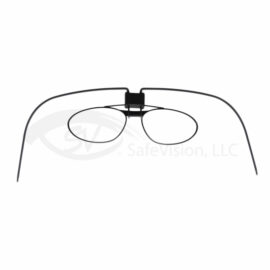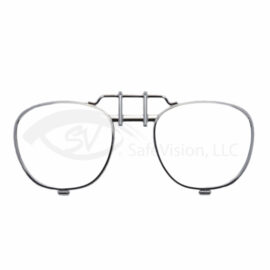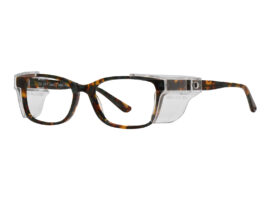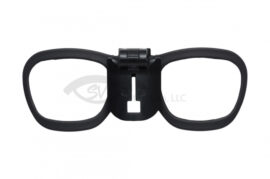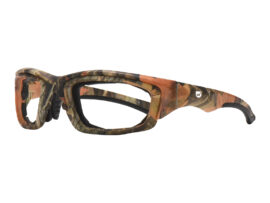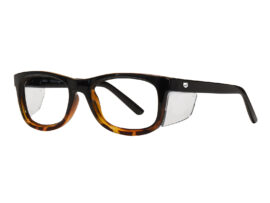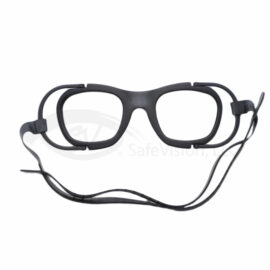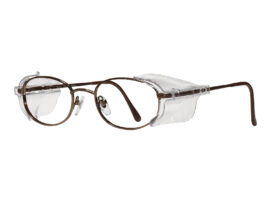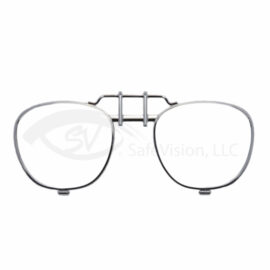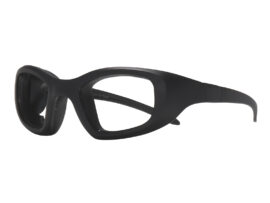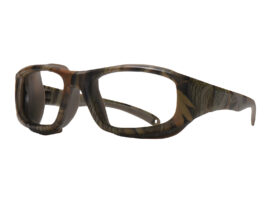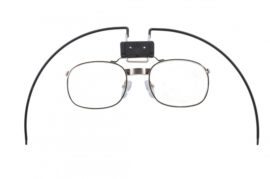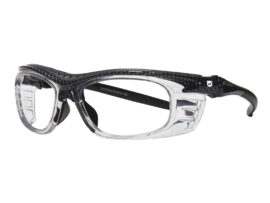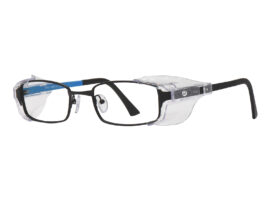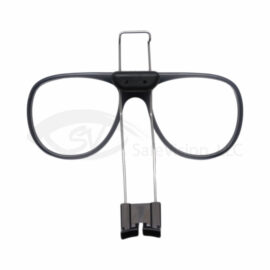Eye Health
Cataracts And Eye Protection: Keeping Your Eyes Healthy
Cataracts are an incredibly common eye condition – particularly as you get older. In fact, more than half of Americans over 80 have cataracts or have had corrective cataract surgery.
And while this is something many will have to deal with as they age, there are steps you can take to prevent them.
What Are Cataracts?
Cataracts are a degradation of your vision by a clouding of eye’s lens. As cataracts develop and the lenses of the eyes becomes more cloudy, a person’s vision becomes blurry and foggy.
Over time this can prevent a person from driving and reading. In severe cases, they can cause a person to go blind. Some of the most common symptoms include:
- Cloudy vision
- Blurry vision
- Repeated change of prescription
- Double vision
- Sensitivity to light
How Are Cataracts Caused?
The lenses in our eyes focus light on the back of our eyeball in an area known as our retina. These lenses are comprised of proteins and water.
Unfortunately, over time, protein will gather together into small clusters that will obstruct the light that would normally pass through the lens. These groups of proteins are the cause of obscured vision.
Age, certain genetic disorders and other risk factors such as smoking, high blood pressure, eye injury, previous eye surgery and excessive alcohol consumption.
Additionally, long term exposure to UV light may increase severity of cataracts over time and can have other negative, long-term effects on your eyes.
The most common sources of harmful UV-A and UV-B light come from the sun. So those who work outdoors, including drivers, should be particularly mindful.
Cataract Prevention
One of the simplest ways to protect your vision and to lower your risk of developing or worsening cataracts is to shield your eyes from harmful UV light with proper eye protection.
Most people aren’t aware of this fact, but only certain glasses and lenses will protect you from UV rays. Not all safety glasses are created equal, and you need to make sure that your protective eyewear shields you from UV rays.
Look for polycarbonate or Phoenix (aka Trivex) lenses which offer 100% UVA & UVB protection even as clear lenses. Also, the skin around your eye is much more sensitive and safety frames are designed to protect a large area around both the front and sides of your eyes.
Most common corrective glasses don’t, and it can be a challenge trying to wear two pairs of glasses. For adequate protection, prescription safety glasses like those sold by SafeVision are the best alternative.
Shop Prescription Safety Glasses by SafeVision Today.
Contact Us For Additional Information.


